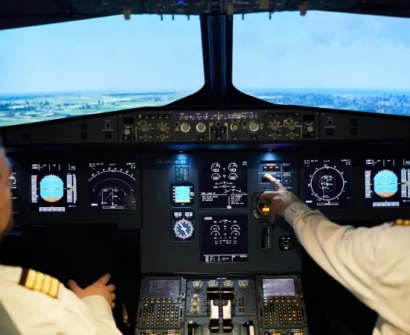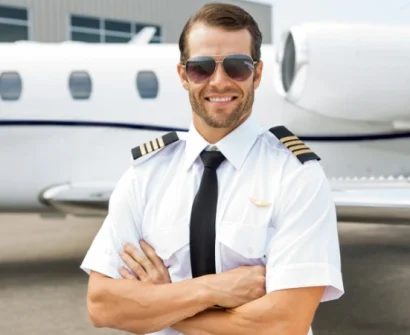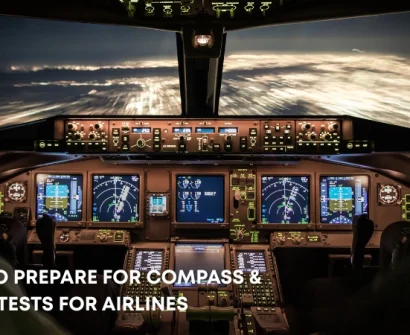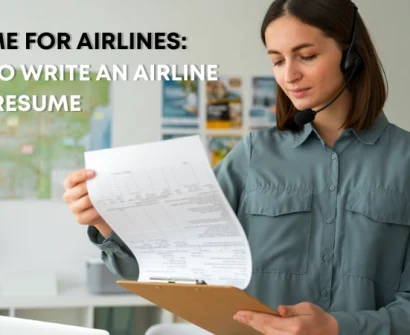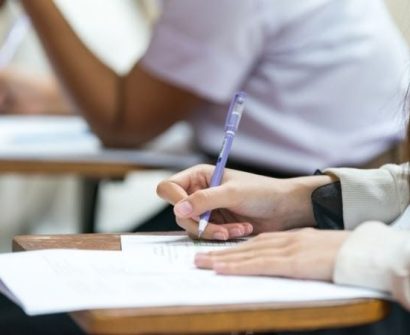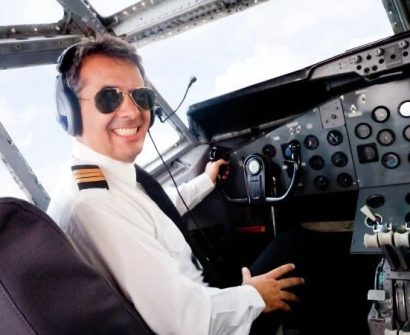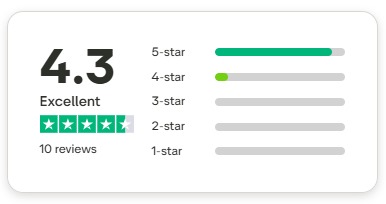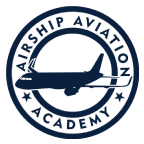Currently Empty: ₹0.00

The aviation sector in India is witnessing rapid growth leading to an increasing demand for well-trained pilots. Once aspiring pilots have secured their Commercial Pilot License (CPL) and completed their type rating, they must navigate one of the most crucial stages in their career for the Airline Pilot Interview. This interview isn’t just about assessing technical expertise and flying capabilities but it’s also a complete evaluation of one’s personality, decision-making skills, and overall compatibility with the airline’s culture. In this blog, we’ll explore the common questions pilots can expect during interviews in India and share practical tips to help you prepare confidently.
Types of Questions Asked in Pilot Interview
During a pilot interview the aspiring candidates can expect to be examined on a wide range of topics. They also have to reflect the diverse skill set required for the role. Broadly, these questions can be categorised into technical, behavioural, situational, and general knowledge questions.
Technical Questions
The technical questions form the backbone of any pilot interview. These questions are designed to assess your understanding of aviation concepts, aircraft systems, and operational procedures. You might be asked to explain the principles of aerodynamics, such as how lift is generated or the effects of different weather conditions on flight performance. Questions on aircraft systems are also common for instance, you may need to describe the electrical or hydraulic systems of the aircraft you are rated on.
Other technical questions could involve flight planning, weight and balance calculations, or interpreting weather reports like METARs and TAFs. Your knowledge of navigation aids, air traffic control procedures, and the latest DGCA regulations will also be tested. Being thorough with the Aircraft Operating Manual (AOM) and Standard Operating Procedures (SOPs) of the specific aircraft you will be flying is crucial.
Behavioural Questions
Behavioural questions aim to uncover your personality traits, work ethic, and how you handle various situations. These questions often follow the STAR (Situation, Task, Action, Result) format, where you are asked to describe a specific scenario from your past, the action you took, and the outcome. For example, you might be asked to discuss a time when you faced a challenging situation in the cockpit and how you managed it.
Questions like “How do you handle stress?” or “Can you describe a time when you had to make a quick decision under pressure?” are common. The interviewers are looking for evidence of your problem-solving skills, ability to remain calm under pressure, and teamwork abilities. It’s important to be honest and reflective in your responses, showing that you can learn from experiences and apply those lessons in your role as a pilot.
Situational Questions
Situational questions are designed to evaluate how you would respond to hypothetical scenarios. These questions test your judgement, decision-making abilities, and adherence to safety protocols. For instance, you might be asked how you would handle an engine failure shortly after takeoff or what steps you would take if you encountered severe turbulence during a flight.
In answering situational questions, it is essential to demonstrate a methodical approach. Explain the steps you would take, referencing relevant SOPs, and emphasise safety as your top priority. The interviewers are looking for candidates who can think critically and maintain composure during emergencies.
General Knowledge Questions
Airlines also want pilots who are well-rounded and informed about current events, particularly in the aviation industry. You may be asked questions about recent developments in aviation, the airline’s history and operations, or even general topics unrelated to flying. Staying updated on global aviation news, understanding the airline’s fleet and destinations, and being aware of any recent incidents or advancements in the industry will help you navigate these questions.
Tips to Prepare for Pilot Interview
Given the high stakes of a pilot interview, thorough preparation is essential. Here are some key tips to help you prepare effectively:
Revise Your Technical Knowledge
Start by revisiting the fundamentals of aviation, focusing on areas such as aerodynamics, aircraft systems, meteorology, and navigation. Make sure you understand the specific aircraft you are rated on inside out, including its systems, performance characteristics, and emergency procedures. Regularly practise weight and balance calculations, fuel planning, and interpreting weather reports.
If you have access to a flight simulator, use it to practise your flying skills, particularly in handling emergency situations. Familiarise yourself with the airline’s SOPs and ensure you can execute them flawlessly.
Practice Behavioral Questions
To prepare for behavioural questions, reflect on your previous flying experiences and think of examples that highlight your skills in problem-solving, teamwork, and decision-making. Practice answering questions using the STAR format, ensuring that your responses are concise and relevant. Mock interviews with peers or mentors can be incredibly valuable in honing your responses and boosting your confidence.
Stay Informed About the Industry
Keep yourself updated on the latest developments in the aviation industry, both globally and within India. Read aviation news, follow industry blogs, and stay informed about any changes in DGCA regulations. Understanding the airline’s operations, fleet, and values will also give you an edge in the interview.
Work on Your Communication Skills
Effective communication is crucial for a pilot, both in the cockpit and during the interview. Practise speaking clearly and confidently, whether explaining technical concepts or answering behavioural questions. If your interview includes a group discussion, work on articulating your points concisely and listening to others’ contributions.
FAQs
Q1. What technical knowledge should I focus on for the pilot interview?
Focus on fundamental aviation concepts like aerodynamics, aircraft systems, meteorology, and navigation. Additionally, thoroughly understand the aircraft you are rated on and stay updated on DGCA regulations.
Q2. How can I prepare for behavioural questions in the interview?
Reflect on your previous flying experiences and prepare examples that demonstrate your skills in problem-solving, teamwork, and decision-making. Practice answering questions using the STAR format.
Q3. What should I expect during the interview in a simulator check?
During the simulator check, you will be evaluated on your flying skills, handling of emergencies, and adherence to SOPs. Expect scenarios like engine failures, go-arounds, and instrument approaches.
Q4. How important is staying informed about the aviation industry for the interview?
Staying informed is crucial as airlines often ask questions about current events in the aviation industry, the airline’s operations, and any recent regulatory changes.
Q5. What role does communication play in the pilot interview?
Communication is key, both in the cockpit and during the interview. Clear, confident communication is essential, especially when explaining technical concepts or participating in group discussions.
Conclusion
Preparing for a pilot interview in India requires a comprehensive approach, combining technical knowledge, situational awareness, and strong communication skills. The interview process is designed to assess not just your flying abilities but also your fit within the airline’s culture and your ability to handle the challenges of being a pilot. Remember, thorough preparation is the key to success in securing your place in the cockpit. The Airship Aviation Academy can help you reach new heights and prepare you thoroughly for the airline pilot interview through our comprehensive Airline Pilot Course. To know more, contact us now!

